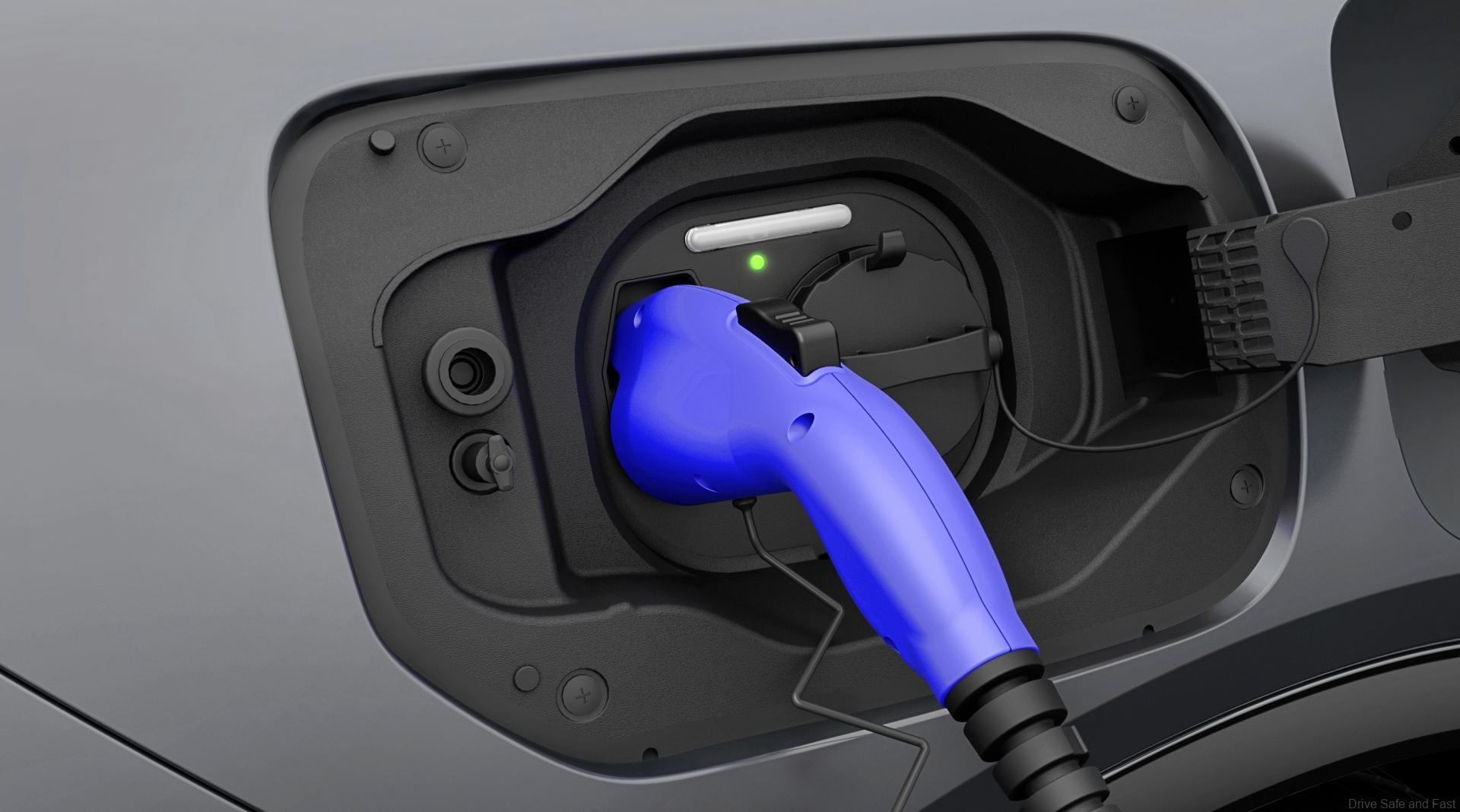Well, the day all enthusiasts dreaded is here in Ethiopia, the day ICE got banned
Well, the dark days are officially upon us. Sad news for all car enthusiasts as Ethiopia has decided that only electric vehicles (EVs) may be imported into the country. The move is a major step towards sustainable mobility and is ahead of the European Union’s plans to ban internal combustion engines (ICE) vehicles from 2035.

While less affluent countries have been the dumping ground for second-hand cars from other nations, Ethiopia is now the first country in the world to ban the import of all cars that are not electric. In contrast to the European Union, which has a ban on the sale of ICE cars from 2035, putting Ethiopia about ten years ahead of schedule.
Moreover, Minister Alemu Sime stated, “Having spent around USD6 billion (about RM28 billion) last year importing fossil fuels, Ethiopia’s Ministry of Transport and Logistics has just decided to allow only electric vehicles to enter the country.”

“One of the reasons for this drastic decision, according to Minister Alemu Sime, is the country’s lack of access to cheap foreign currency. This makes it difficult to import petrol and diesel due to economic pressures.” He added.
At the same time, Ethiopia has also been a major investor in energy infrastructure as of late. For example, Africa’s largest hydroelectric power plant is due there soon, having already been partially commissioned on 20 February 2022 with the commissioning of the first two turbines with a total capacity of 750 megawatts.

On top of that, full activation of the Grand Ethiopian Renaissance Dam (GERD) is not yet complete. The hydropower plant will not reach its full design capacity of 6,000 megawatts, and experts estimate that the capacity will be around 3,000 megawatts. This is very impressive indeed and will definitely help EVs become more viable.
Nevertheless, by taking advantage of seasonal fluctuations and other energy sources, it can make an important contribution to the country’s electricity supply. The next challenges are the improvement of the charging infrastructure and the reliability of the country’s electricity supply.
It is not yet known exactly when the new regulation will come into force and whether or not it will also apply to second-hand cars, but one thing is for certain, the end of an era is ever so slowly creeping closer as the beloved ICE vehicle is soon to be a forgotten relic and we are sure enthusiasts are less than pleased with this.

We got all this from Notebook Check and their full article is linked here. Thank you Notebook Check for the information and images.